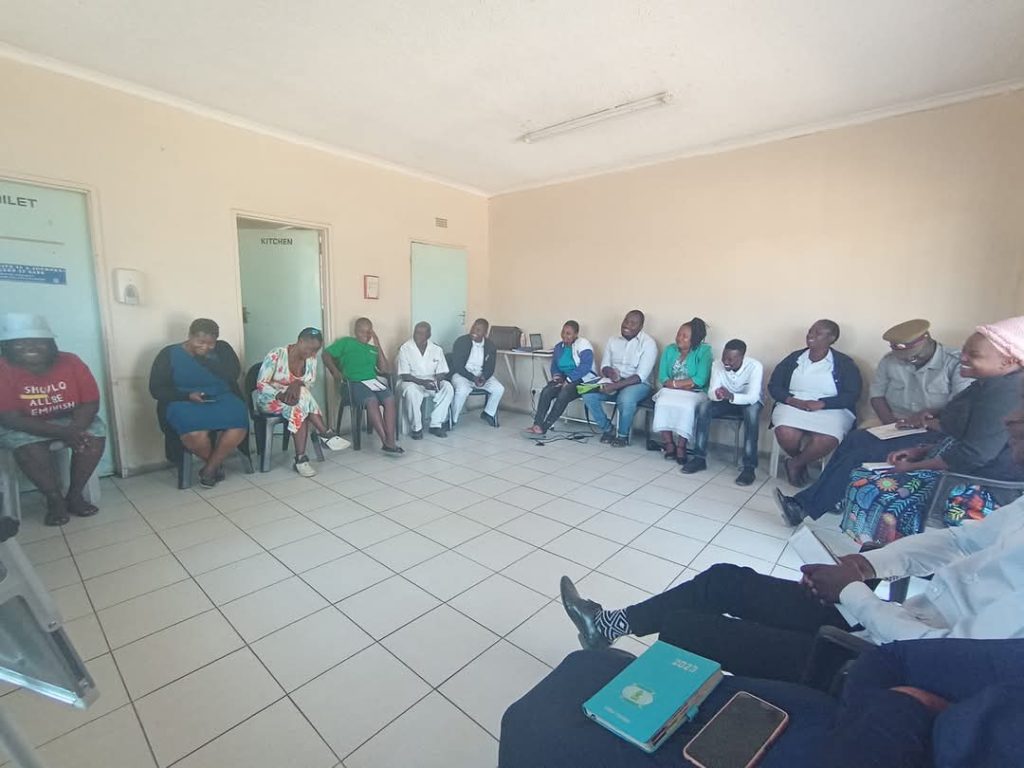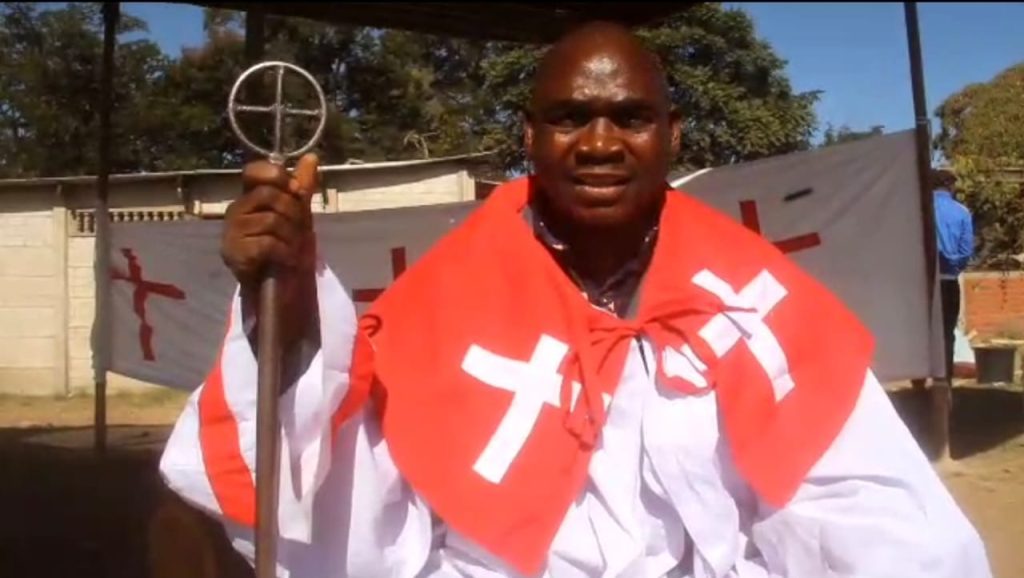Staff Reporter
“They labeled me a sinner, a prostitute, a woman of the night,” Nisha’s voice, rough from years of smoking and a life marked by hardship, resonated in the dimly lit room.
“They said I was unclean, unworthy of God’s love. But deep down, I knew the truth. I was hurting, lost, and desperate, longing for a place of refuge and healing.”
Nisha, an experienced sex worker, opened up about her painful journey to a group of religious leaders at a sensitisation workshop organized by Springs of Life Zimbabwe (SOLZ) in Epworth.
The workshop aimed to cultivate a more inclusive and compassionate perspective within the church, especially towards marginalised communities like sex workers.
“A pastor who chases prostitutes away from the church is the one who desperately needs Jesus Christ,” declared Pastor John Kwaramba, a key speaker at the event.
“The church is a spiritual sanctuary for all, regardless of their past or present circumstances.”
Elder Molly Sibanda, a respected figure in the community, echoed the same sentiments.
“No one is perfect before God or society,” she said.
“As a church, we must preach love and acceptance, regardless of social status or background.”
Pastor Lorene Kwaramba highlighted the often-overlooked issue of female rivalry within church communities.
“We, as pastors’ wives, can be judgmental towards new members,” she admitted.
“Instead of welcoming them, we often judge them based on their past. We need to foster a more inclusive and supportive environment for women.”
Precious Msindo, the director of SOLZ, emphasized the organization’s commitment to protecting vulnerable women, particularly sex workers.
“As we observe the 16 Days of Activism Against Gender-Based Violence, we call for zero tolerance towards all forms of violence,” she declared.
“Everyone deserves a second chance.”
The 16 Days of Activism campaign aims to raise awareness and mobilize action to end violence against women and girls.
This year’s theme, “Towards 30 Years of the Beijing Declaration and Platform for Action: Unite to End Violence Against Women,” underscores the ongoing global effort to address this issue.
As the workshop concluded, a glimmer of hope emerged from the somber discussions.
Nisha and countless others like her yearned for a church that would embrace them, not condemn them; a church that would offer solace, not judgment; a church that would see beyond the labels and recognize the human being beneath.





